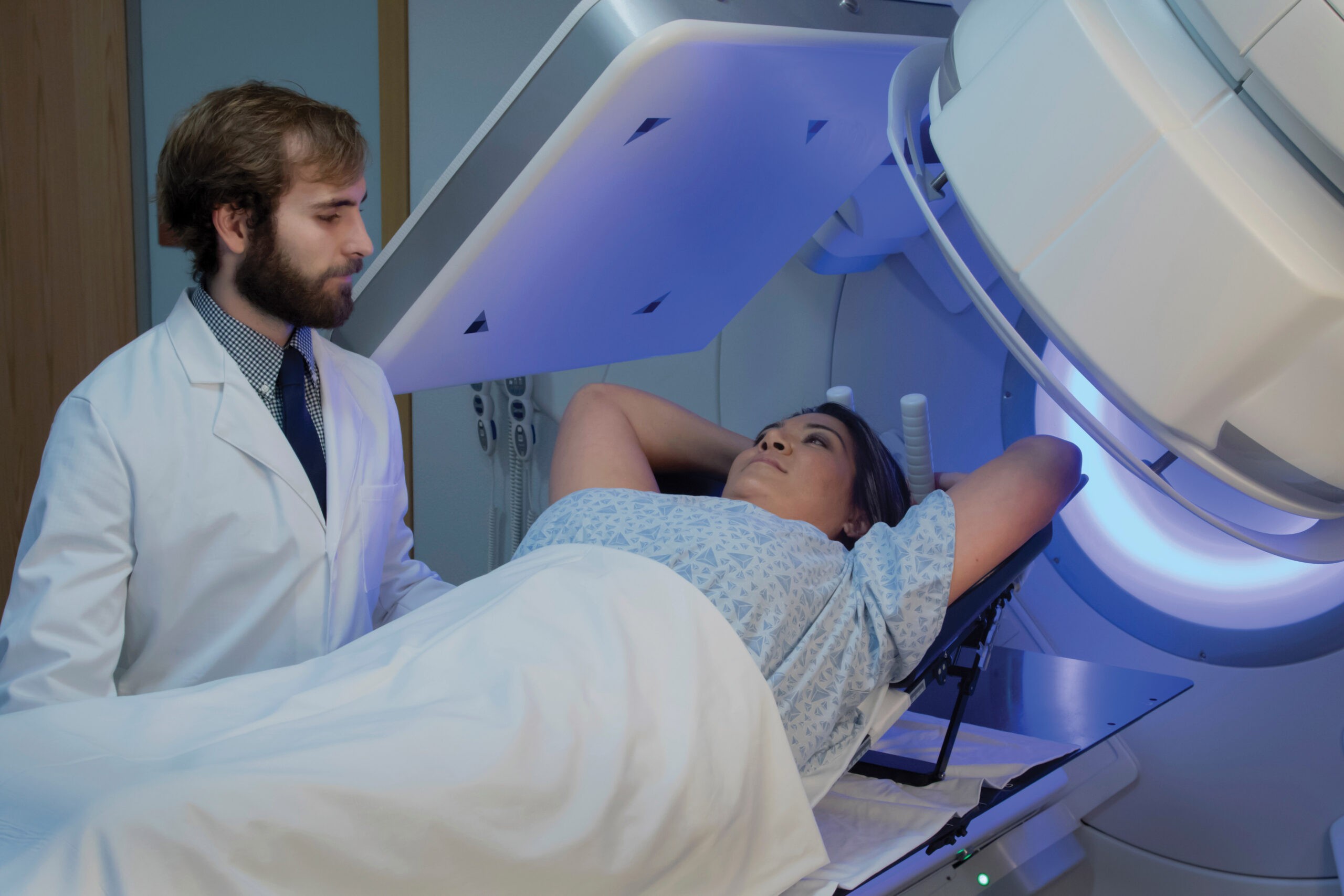
Medicines from the pharmacy
Pharmacies often do not stock cancer treatment drugs. This is because they are usually very expensive (for the pharmacy, not for you) and the need varies greatly.

Pharmacies often do not stock cancer treatment drugs. This is because they are usually very expensive (for the pharmacy, not for you) and the need varies greatly.

Inquired with Dr. Margit Bartl; Could you please briefly explain the differences between cervical cancer, ovarian cancer, uterine cancer, vaginal carcinoma and vulvar carcinoma ?
These are completely different types of cancer. Some of them can be diagnosed very quickly and well because they are on the outside.

How can patients best prepare for the operation?
It is best to ask the surgeon if there are any special measures you can take, because every surgeon treats you a little differently.
In my case, I give the information that is needed during my educational talk.
As a rule, the ladies have to stay in hospital for 1-2 nights.

In a tumour board, oncologists and treating surgeons decide together with the radiologists who interpret the imaging which therapy is indicated for the patient.

Inquired with Dr. Anke Scharrer; Are there pathologists specialised in cancer?During their 6-year specialist training, all pathologists learn to recognise all types of cancer in tissue samples. In addition, there is additional training for the diagnosis of breast cancer in the so-called breast health centres.

Inquired with Dr. Caroline Coen; Oncologists, radiologists, surgeons and psychologists are often the first people you think of when considering who will determine and guide your treatment path. However, it is important to include dentists in the medical team.

Inquired with Dr. Nina Fuchsjäger; What are the options for breast reconstruction? Basically, a distinction is made between breast reconstruction with autologous tissue and breast reconstruction with implants.

Inquired with Univ. Prof. Dr. Annemarie Schratter – Sehn WHAT DOES radiotherapy do?
The ionising radiation destroys rapidly dividing cells. Tumour cells divide more rapidly than the surrounding tissue. Therefore, the tumour cells are destroyed/severely damaged and the tissue is largely not.
WHEN is radiation therapy given?
Radiotherapy is always prescribed when there is a local problem. It is usually part of the overall treatment plan, i.e. surgery and/or chemotherapy plus radiotherapy.
Definitive radiotherapy – i.e. only radiotherapy – is given when no surgery is performed or possible (for example anal carcinoma; in this case there is usually no surgery but only radiotherapy).

The diagnosis of cancer usually hits people completely unexpectedly and unprepared in the middle of their lives and is a drastic experience for which there are initially no retrievable patterns of action available.
Development: webmando.at
!
This website uses cookies so that we can provide you with the best user experience possible. Cookie information is stored in your browser and performs functions such as recognising you when you return to our website and helping our team to understand which sections of the website you find most interesting and useful.
Strictly Necessary Cookie should be enabled at all times so that we can save your preferences for cookie settings.
If you disable this cookie, we will not be able to save your preferences. This means that every time you visit this website you will need to enable or disable cookies again.
This website uses Google Analytics to collect anonymous information such as the number of visitors to the site, and the most popular pages.
Keeping this cookie enabled helps us to improve our website.
Please enable Strictly Necessary Cookies first so that we can save your preferences!